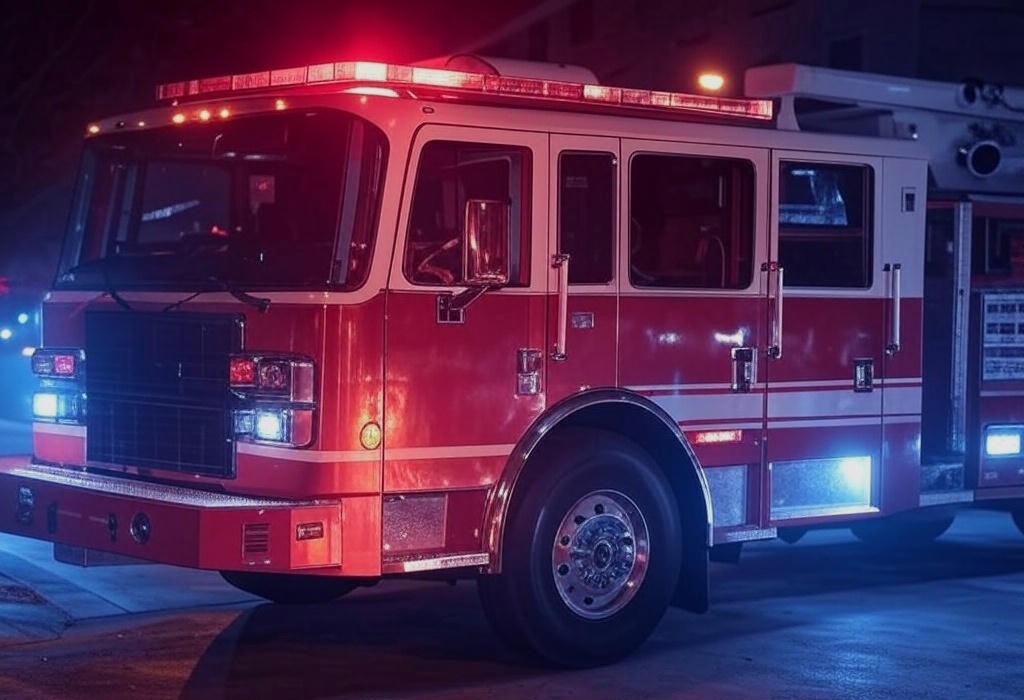During the recent forest fire in Ocean County, many residents were told to evacuate very suddenly. When emergencies strike, being prepared can make all the difference. Taking extra precautions is important. Below are essential safety tips to help seniors navigate emergencies both at home and in the car.
Home Safety Essentials
Create a personal emergency network. Identify neighbors, friends, and family members who can check on you during emergencies. Exchange phone numbers and keep them visible near your telephone. Consider joining a community alert system that provides emergency notifications.
Prepare an emergency kit. Stock it with essentials including medications for at least seven days, water (one gallon per person per day), non-perishable food, flashlights, extra batteries, a battery-powered radio, and first aid supplies. Store this kit in an easily accessible location.
Make your home evacuation-friendly. Ensure pathways are clear of obstacles and trip hazards. Install smoke detectors and carbon monoxide alarms on every level of your home and test them regularly. Consider easy-to-use fire extinguishers placed strategically throughout your home.
Create a medical information sheet. List all medications, allergies, medical conditions, and emergency contacts. Keep copies in your wallet, emergency kit, and on your refrigerator where emergency responders often look.
Consider medical alert systems. Wearable devices that can summon help with the press of a button provide peace of mind, especially for those living alone.
Car Safety Preparedness
Maintain an emergency car kit. Include bottled water, non-perishable snacks, blankets, a flashlight with extra batteries, reflective triangles, a first aid kit, and any vital medications. During winter months, add ice scrapers, sand for traction, and extra warm clothing.
Keep your cell phone charged. Invest in a car charger and consider a backup battery pack. Program emergency contacts under “ICE” (In Case of Emergency) in your phone.
Schedule regular vehicle maintenance. Have your car serviced regularly to prevent breakdowns, particularly before long trips or extreme weather seasons.
Remember that preparation is your best defense in any emergency. By taking these precautionary steps, you’ll be better equipped to handle unexpected situations with confidence.


